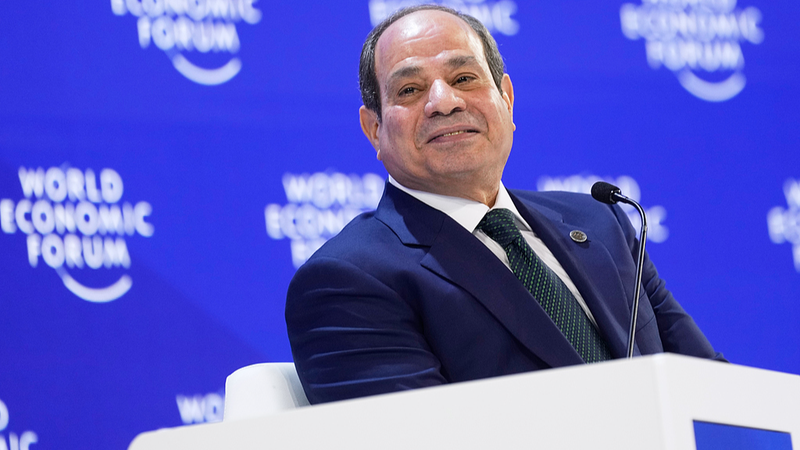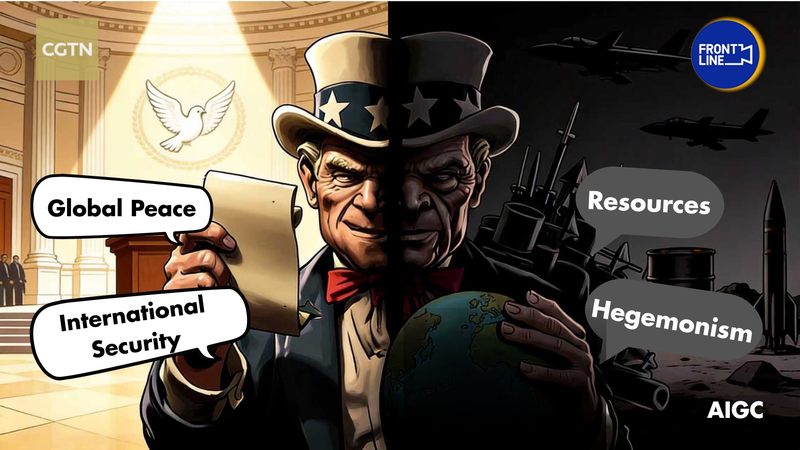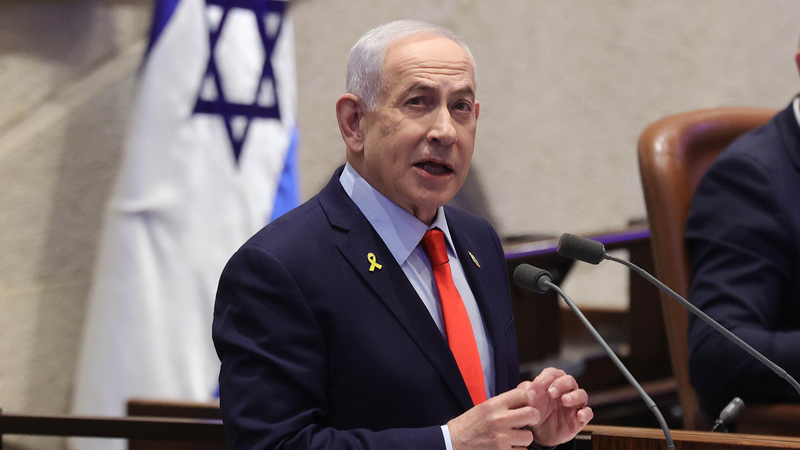The U.S. administration has taken a bold step by easing sanctions on Syria in a move meant to jumpstart economic renewal. After President Trump pledged to help rebuild Syria after years of civil war, the Treasury Department issued a general license called GL25. This license now authorizes transactions with the interim Syrian government led by President Ahmed al-Sharaa, including operations with the central bank, state-owned enterprises, and even well-known businesses like Syrian Arab Airlines and the Four Seasons Damascus hotel.
In addition, Secretary of State Marco Rubio introduced a 180-day waiver under the Caesar Act to ensure that sanctions do not block essential investments. This waiver aims to facilitate the provision of critical services such as electricity, water, and sanitation, while also boosting humanitarian efforts. The move is seen as a first step in delivering on a new vision for U.S.-Syria relations.
According to U.S. officials, President Trump has laid down conditions for Syria to receive sanctions relief. These include a commitment to expel all foreign militants, deport what he termed "Palestinian terrorists," and help prevent the resurgence of extremist groups like ISIS. This strategic approach is designed to promote peace and stability within Syria and improve its relations with neighboring countries.
For young investors, entrepreneurs, and anyone following global politics, these changes could signal new opportunities. As the region prepares for a potential economic revival, many are watching to see how these policies might pave the way for dynamic private sector activity and renewed international engagement. 🚀
Reference(s):
The U.S. issues orders easing Syria sanctions after Trump pledge
cgtn.com




